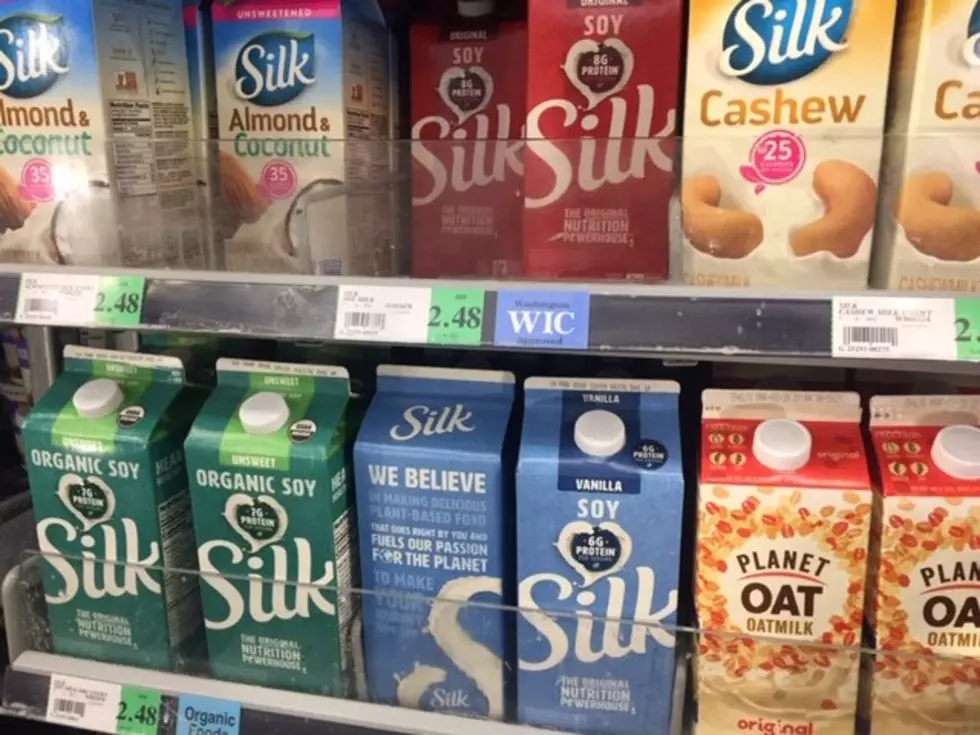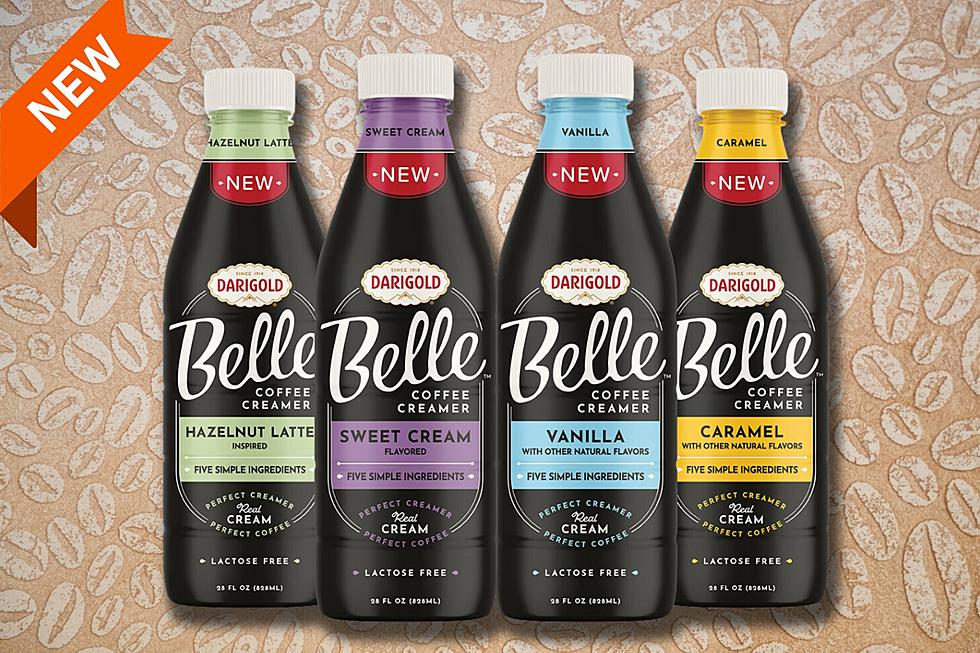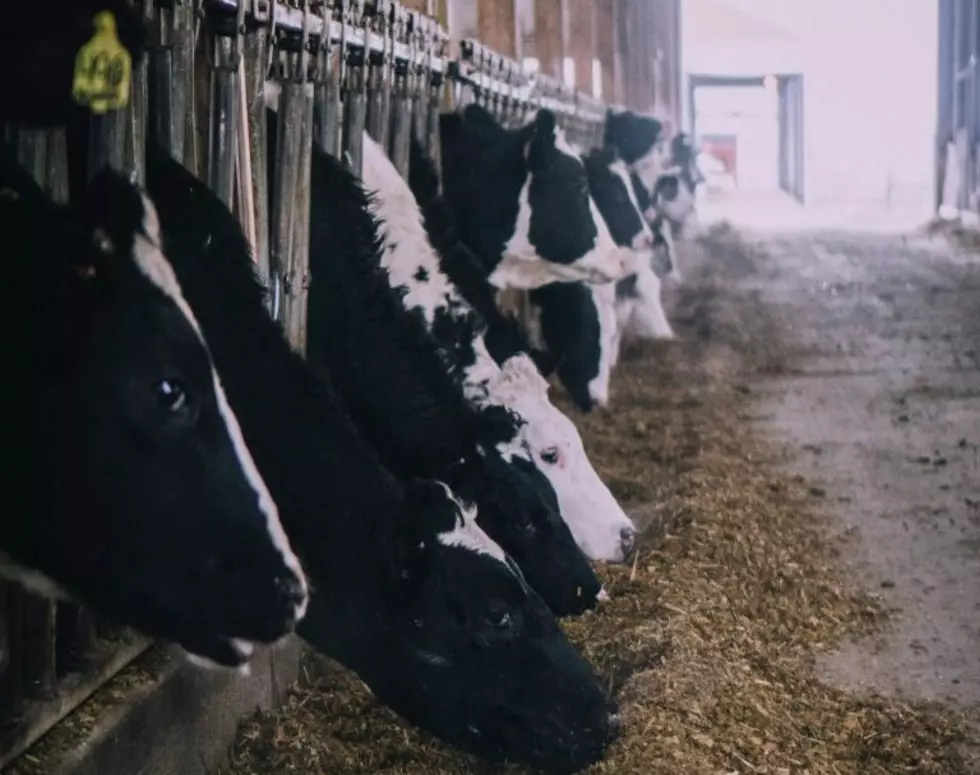
NMPF: FDA Proposal Increases Need For Dairy Pride Act
For decades, the Food and Drug Administration has not enforced its standard of identity for milk, allowing plant-based imitators to use dairy terms. Late last month, the FDA released proposed guidance on the issue. Alan Bjerga, National Milk Producers Federation Senior Vice President of Communications said the proposal is a good first step.
“It's a bit of a split decision," Bjerga noted. "On the one hand they have said that it is okay for these beverages to use the term milk for their oat, soy, almond beverage, what have you, but more importantly for us they're saying that if you use that, the guidance says you have to have disclaimers showing your nutritional differences from dairy. This is a big win for dairy because dairy has superior nutrition to these plant-based imitators. We expect this will have a positive effect in terms of transparency for consumers and for getting these dairy terms off products. It's still not enough, though. We still need to get these dairy term away from these beverages, that's still the FDA standard of identity.”
Bjerga says the proposal reinforces the need for passage of the DAIRY PRIDE Act.
“The next step is to push harder for the passage of the DAIRY PRIDE Act which has been introduced in the U.S. Senate, we expect it to be introduced in the House soon. This would push FDA to enforce its basic standard of identity. Remember, this guidance is only voluntary, and while we would expect a lot of companies to follow it, it still allows these terms on labels because FDA hasn't enforced its own rules for more than four decades. The DAIRY PRIDE Act would require FDA to come up with a plan to enforce its standard of identity and bring us practice in line with the rest of the world and not allowing these plant-based beverages to use dairy terms.”
He said there is more than what meets the eye, however, for dairy from this FDA proposal.
“FDA has accepted our basic argument is that these beverages create confusion about the nutritional content of what is in their beverage because they use dairy terms. Consumer research shows that when you put milk on something people think that it has a dairy nutritional profile. It does not. The FDA guidance helps clear this up, but the logical conclusion of its acceptance of our argument is getting rid of these terms all together on non-dairy products and we think we're moving in the right direction, DAIRY PRIDE can help get us there.”
Bjerga encourages dairy farmers to comment on the FDA proposal.
“Anyone who's interested in commenting on this guidance for the FDA, this is a draft guidance that's open until April 24 for comment, they can go to nmpf.org. We have a red button on our homepage, you can click on it, you can learn more about how to comment for FDA, and make your voice heard, and that's going to be important. This is going to be an issue that's going to get a lot of attention and a lot of comments and supporters of dairy to make sure that their voices are heard as well.”
To make your thoughts known, visit the National Milk Producers Federation Website.
Click Here to learn more about the DAIRY PRIDE ACT.
If you have a story idea for the PNW Ag Network, call (509) 547-9791, or e-mail glenn.vaagen@townsquaremedia.com
More From PNW Ag Network









